Get The Facts
Your Trusted Source For Everything Organic
At Organic Alberta, we’ve created a wealth of reliable information about organic food in Alberta. Our goal is to share clear facts and help clear up common misconceptions about organic agriculture.
Explore our collection of articles, videos, and resources that provide an informative perspective on organics, all in one convenient place.
Get the Facts: Video Library
Sourcing Organic
Are there organic restaurants? Is it possible for restaurants to be 100% organic? This video captures the approach one Edmonton-based restaurant chain is taking when it comes to organics.
Caring for Animals
If you’ve ever wondered how farmers care for their animals, and what really goes into producing the meat you see in the grocery, then you’ve come to the right place!
Avoiding Antibiotics
In this video we discuss how organic animals are treated when they’re sick and what happens if antibiotics are used!
Organic Egg Grading
Farm fresh eggs make quite the journey to get to your plate. In this video, we are diving into the egg grading process.
What the Hen?
Learn the difference between laying hens (where your eggs come from) and broiler hens (where your meat comes from).
Feeding Farm Animals
Would you believe us if we told you it’s not uncommon for farmers to have nutritionists for their animals?
Let’s Talk Nitrogen
How do farmers keep their soil healthy, so they can grow healthy crops? We’re breaking it down!
Weed & Pest Control
How do farmers control weeds and pests that can harm their crops without using GMO?
Sourcing Organic Seeds
Do you ever catch yourself wondering where the produce you see in the grocery store comes from? Daydreaming of luscious green fields…but what you might not think of is the few steps before the seed is planted.
Organic vs. Certified
Organic vs. Certified organic… what’s the difference? Is there a difference at all? Navigating organics and sifting through what’s fact or fiction can be a hassle. In this video, Ryan Mason of Reclaim Urban Farm, walks us through what it means exactly to be certified organic.
What is a GMO?
Ryan Mason, manager of Reclaim Urban Farm explains to Mike Chalut what a GMO actually is and whether or not they are used in organic agriculture.
Animal Winter Care
As the temperatures drop, and the winter months approach, it’s important for farmers to ensure their animals are safe. Check out this video explaining how Sherry at Sunshine Organics how she cares for her pigs!
Organic Food Prices
If you shop at grocery stores, you’ve probably noticed the price difference between organically and conventionally produced food products. We took some time to speak with a few local farmers about what goes into their organic production and why organics tend to be more expensive.
Organic Eggs
Sherry Horvath, co-owner of Sunshine Organic Farms and Mike Chalut discuss the differences in free-range eggs and free-run eggs as well as some of the requirements farmers must meet to be certified organic!
What is Organic?
Jennifer Berkenbosch, co-owner of Sundog Organic Farm and Mike Chalut discuss whether or not synthetic chemicals are used in organic farming, and how organic farmers manage weeds and insects and keep the soil healthy.
Get the Facts: Article Library
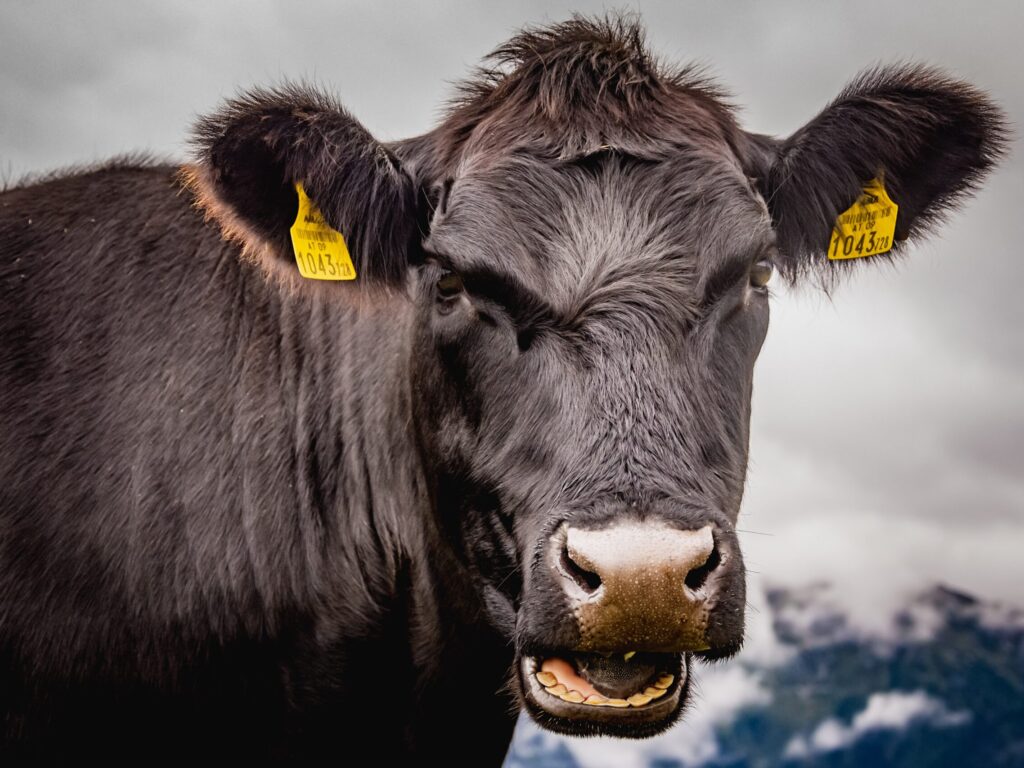
What Makes Organic Beef Different?
If you’ve ever picked up a package labelled “organic beef,” you may wonder how it differs from conventional beef. We walk you through the regulations Alberta organic beef producers follow, revealing what makes your purchase truly organic.
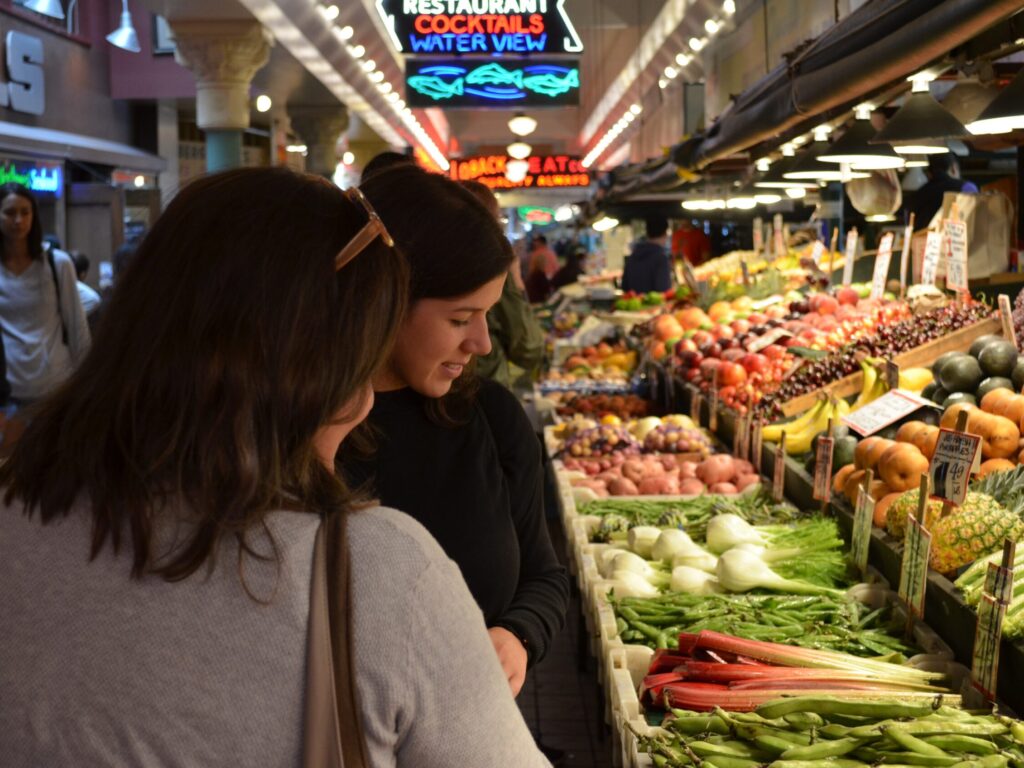
What’s Behind the Label on Your Food?
You’ve likely seen terms like “all-natural,” “pasture raised,” or “hormone free” on packaging. In this article, we explain what “organic-washing” is, how marketing phrases can mislead consumers, and how to understand what these terms really mean.
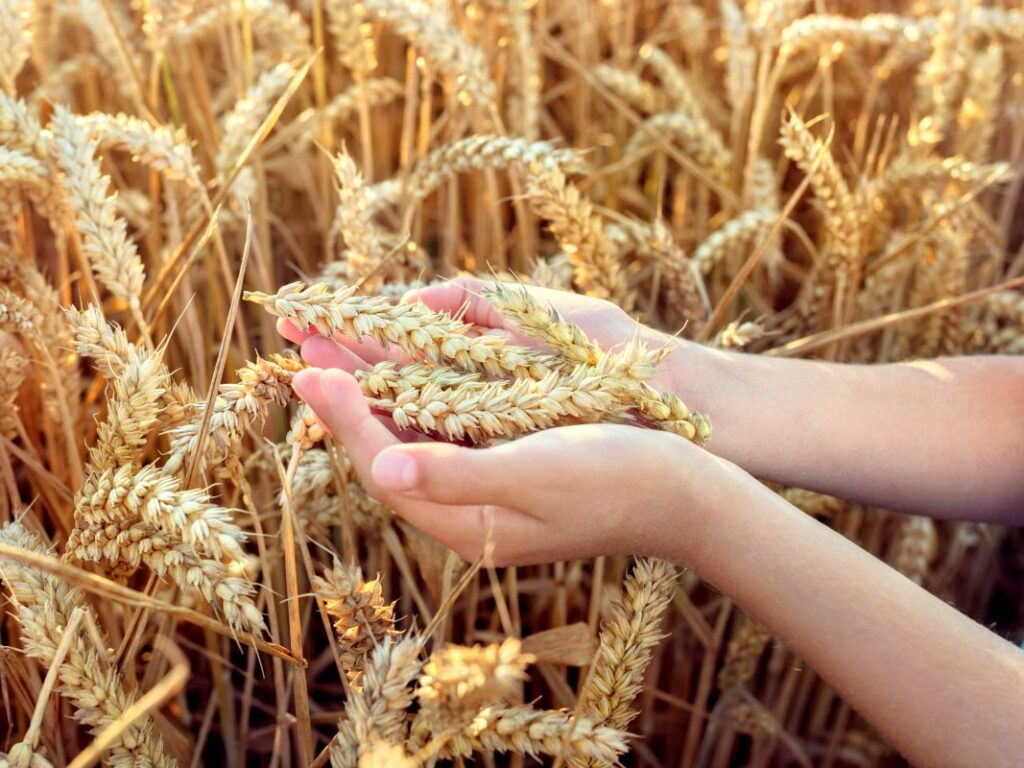
How Certified Organic Food is Grown
Curious about what the “organic” label guarantees? We explain how food grows, what standards farmers in Alberta must meet, how the process works from field to plate, and how certification ensures consistency with those standards.
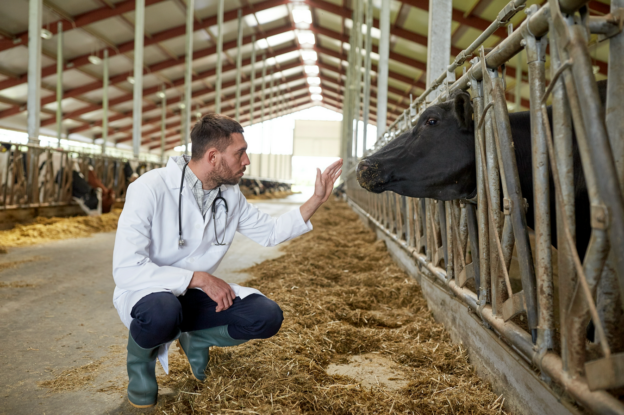
How Do Organic Farmers Avoid Antibiotics?
There’s no doubt antibiotics save lives, treating bacterial diseases. For certified organic animals in Canada, rules are stricter: they generally are not treated with antibiotics, ensuring the meat, milk, and eggs meet organic standards.
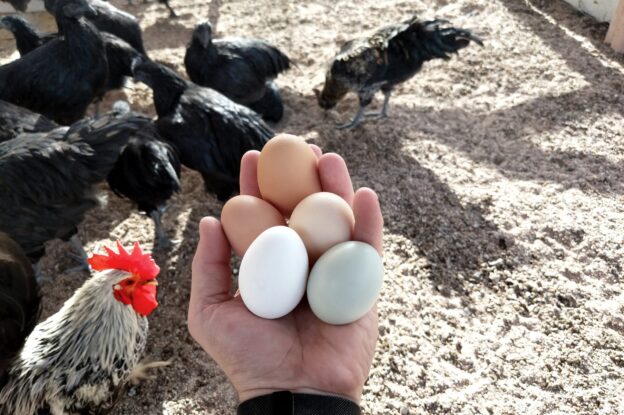
From the Hen House to Your Plate
When you pick eggs off the grocery shelf, you may not consider their journey. Occasionally, a deep-orange yolk or a double yolk reminds you that before reaching your pan, the egg was carefully produced on a farm.
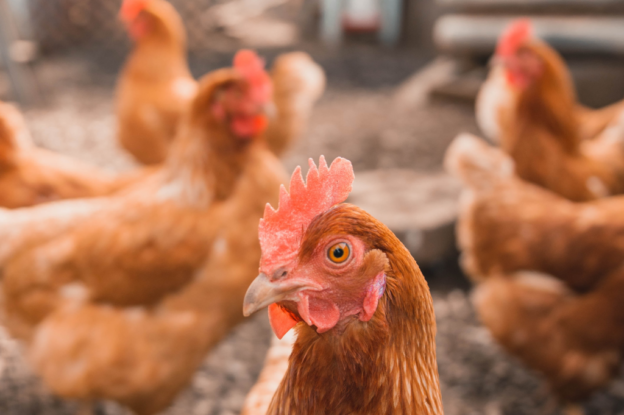
Laying Hens vs. Broiler Hens
In our latest Get the Facts article, we explore the differences between laying hens, which produce eggs, and broiler hens, raised for meat. Understanding chicken farming in Alberta and Canada helps you make informed choices at the grocery store.

Feeding Organic Livestock
When organic farmers discuss food, they include animals too. In Canada, certified organic animals must eat 100% organic feed. These feeds are strictly regulated, ensuring animals consume natural ingredients, just like humans, maintaining integrity across the organic system.
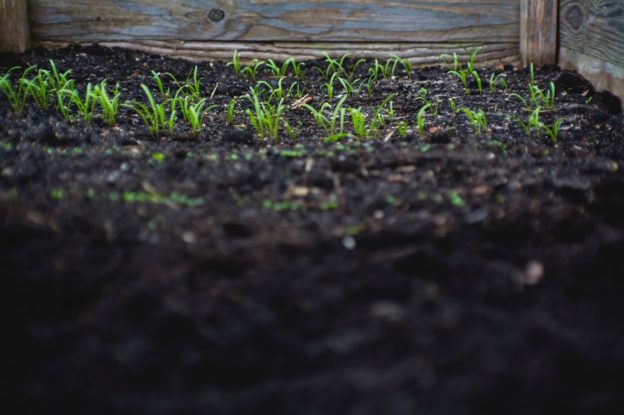
Maintaining Rich Soil
Healthy crops need more than sunlight and water. Plants require seventeen essential nutrients, especially nitrogen. This article dives into the science behind nitrogen, how it supports growth, and why farmers prioritize proper nutrient management to keep field crops strong and productive.
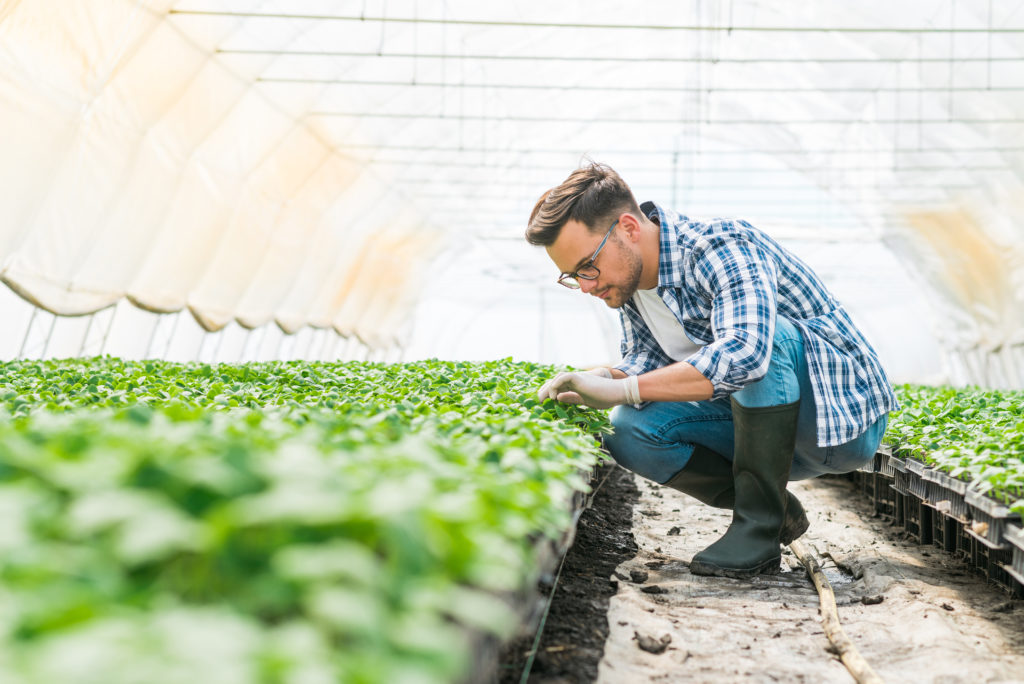
Weed and Pest Control
Organic farming uses natural practices to support biodiversity and nutrition. Canadian standards forbid genetically modified seeds, so farmers rely on alternative methods to control pests and weeds, maintaining healthy crops while adhering to strict regulations for certified organic production.
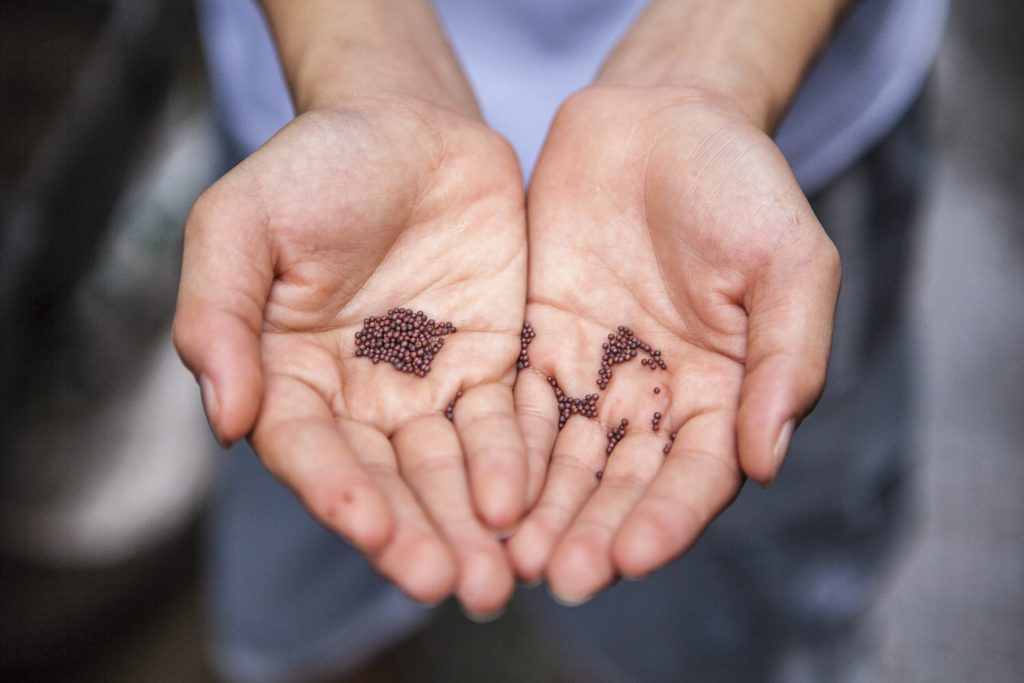
What Makes Seeds Organic?
All seeds must follow strict rules before they’re sold or planted. According to the Canadian Seed Institute, regulations, policies, and guidelines govern every stage. This article explains how these rules apply to seeds grown or used in certified organic farming in Canada.

Certified Organic Growers
Canadian farmers increasingly adopt regenerative and organic practices. Some become certified, following regulated processes, while others farm organically without certification. This article explains the differences, benefits, and implications for consumers when choosing between certified and non-certified products.
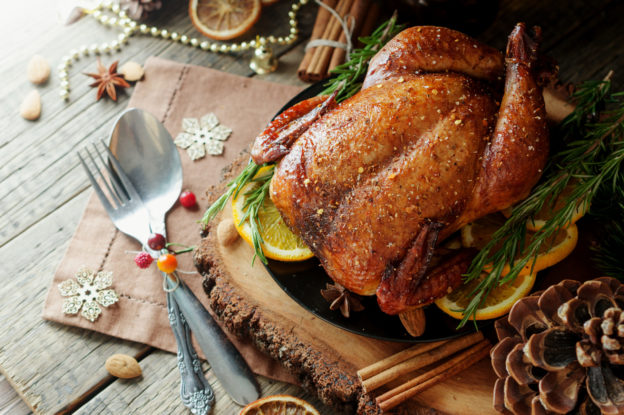
What Makes Turkeys Organic?
During the holidays, turkey options abound. You can choose frozen grocery store turkeys, farm-fresh birds from butchers or markets, or certified organic turkeys. This article explains what “organic” means for turkeys so you can make informed holiday meal choices.
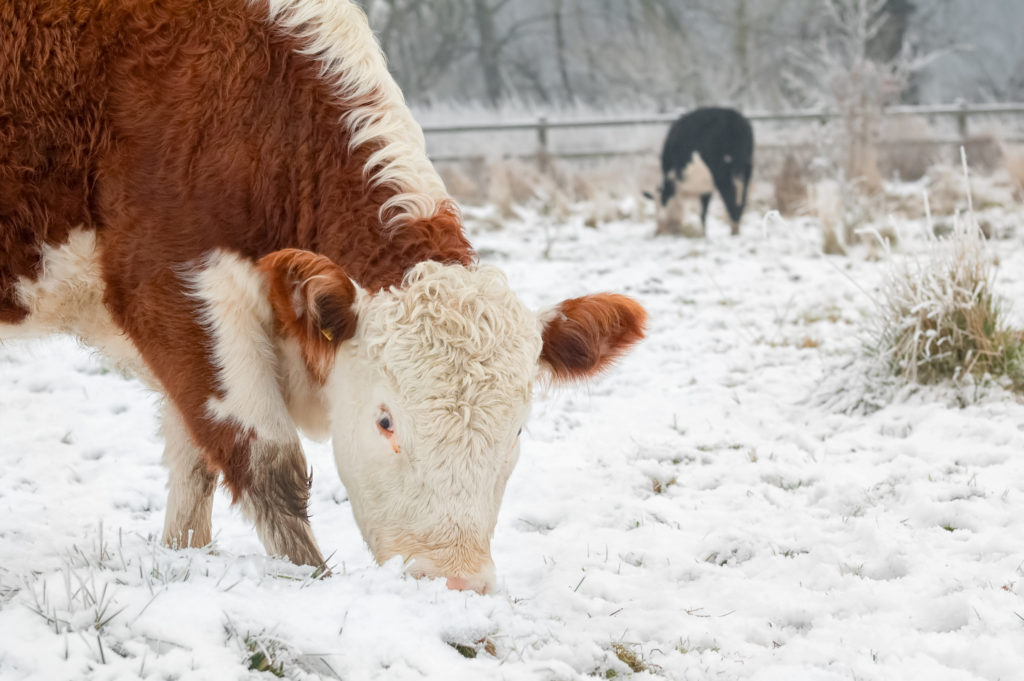
Do Animals Wear Winter Coats?
Organic livestock often graze freely in summer, enjoying pasture and fresh air. But how do farmers protect them in harsh Canadian winters? This article explores the balance between outdoor access, welfare, and safety that certified organic farmers maintain year-round.
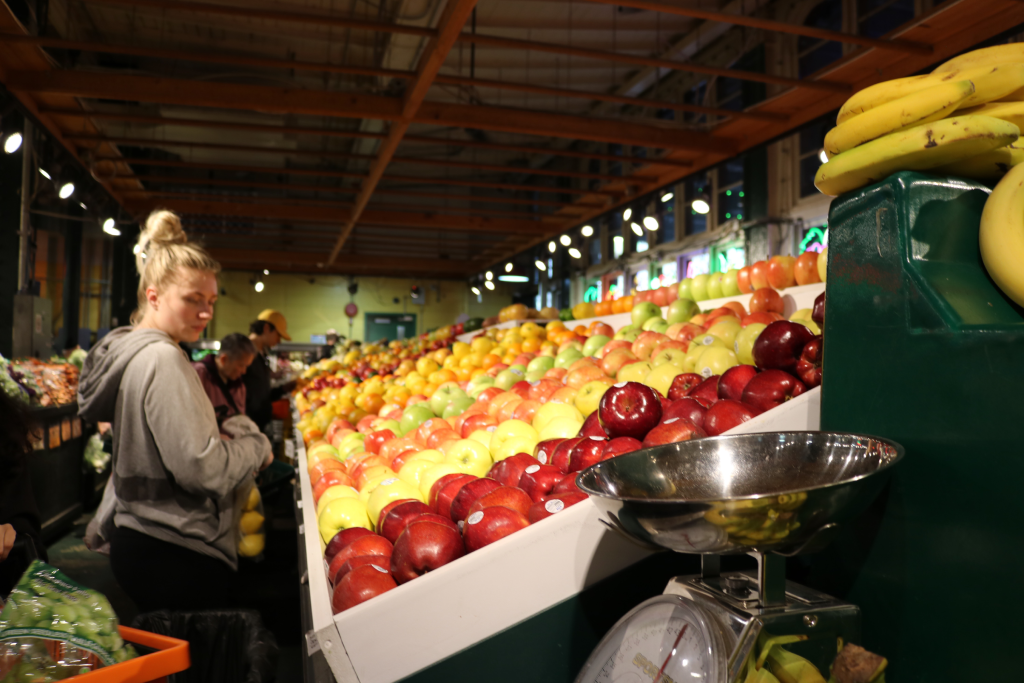
Why is Organic More Expensive?
On average, organic food costs 47% more than conventional alternatives. Despite high prices, the global organic market grows 17.6% annually. In Canada, organic products generate around $5.4 billion per year. This article explains why organic food can be more expensive.

Even Our Food Needs to Eat
The difference between natural and synthetic fertilizers may seem significant, but it is smaller than expected. Organic farmers use only naturally sourced nutrients, yet all farmers rely on fertilizers to maintain healthy soil, crops, and sustainable growth environments.

Humane Animal Husbandry
Animal husbandry is essential in organic livestock production. Beyond regulations, organic farming prioritizes human, animal, and environmental health. This article highlights how Canadian organic farmers maintain welfare standards while producing high-quality livestock responsibly.
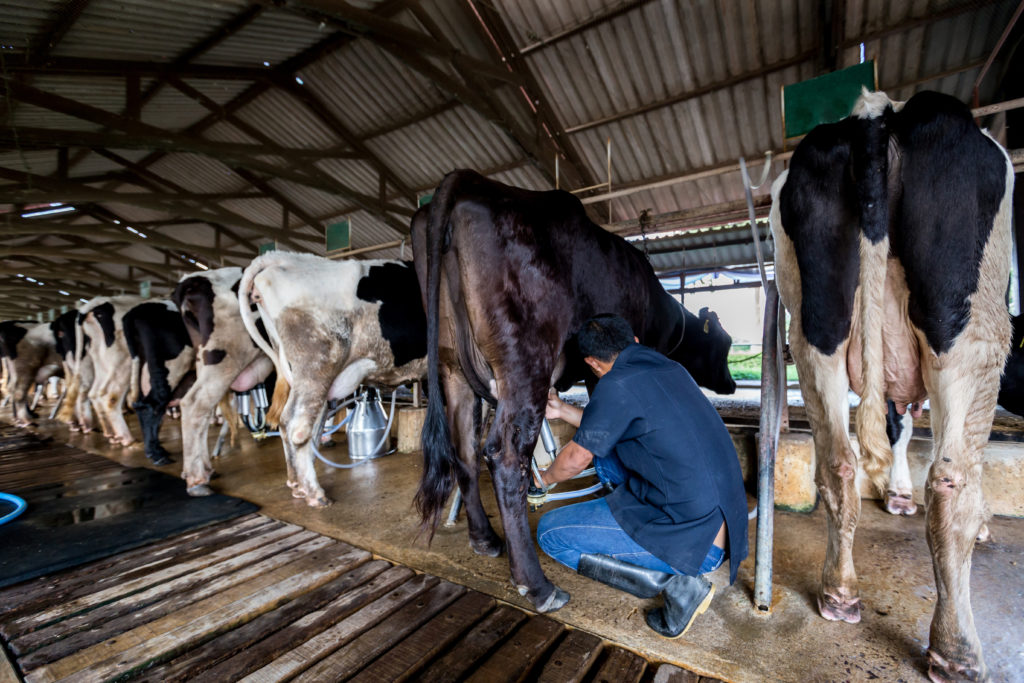
Antibiotics in Meat and Dairy
Antibiotic resistance concerns many consumers. Health Canada sets maximum residue limits (MRLs) for antibiotics in animals, ensuring residues in meat, milk, fish, and eggs are safe for daily consumption. This article explains how organic standards further restrict antibiotic use.
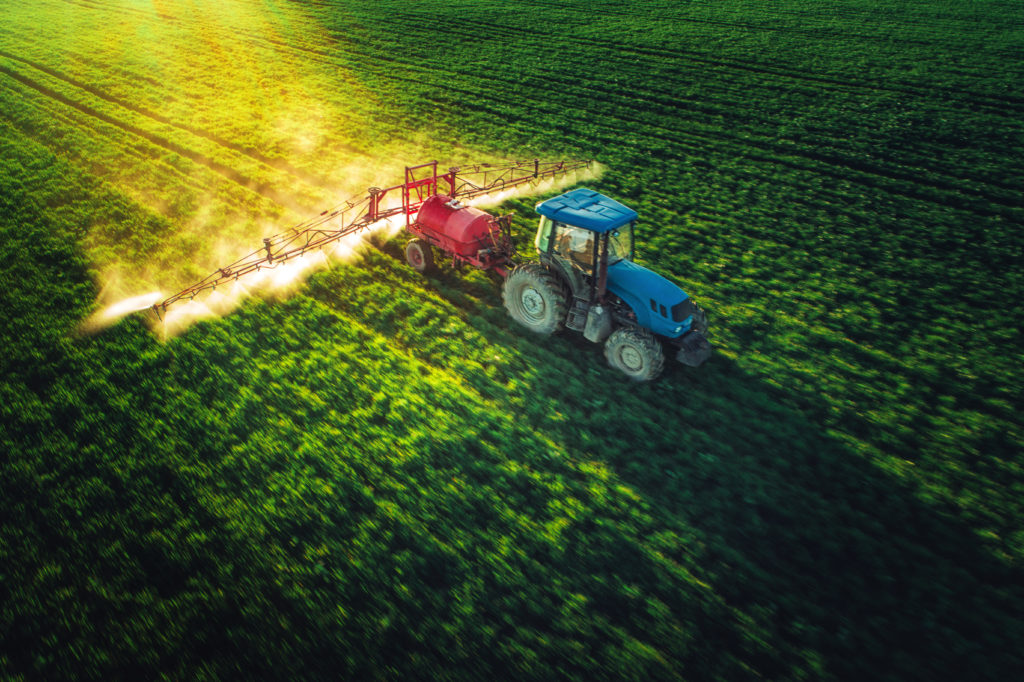
Let’s Talk Substances in Organics
Farmers use pesticides to control pests, and herbicides specifically for weeds, which are persistent threats to crop growth. This article explains how pesticides work, non-agricultural applications, and why understanding their use matters for knowing what’s in your food.
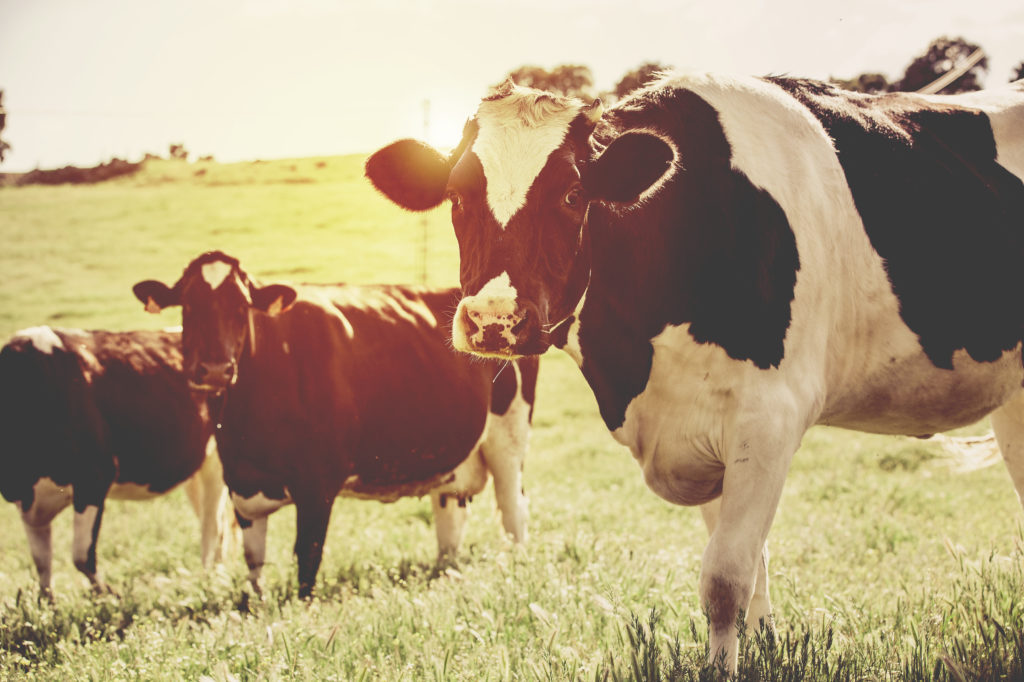
Let’s Talk About Hormones
Hormones occur naturally in all animals. In Canada, synthetic or added hormones are not approved for use in most livestock, except beef cattle. This article explains how consumers can find hormone-free meat, milk, and other animal products at grocery stores.

Let’s Talk About GMOs
Organic certification is one of the few ways to guarantee food is GMO-free. Canadian Organic Regulations strictly prohibit genetically modified organisms, preserving natural growing methods and maintaining the integrity of products certified under the Canadian Organic Standards.

Happy Organic Week!
Organic Week celebrates organic food, products, and farming across Canada. It’s a time to appreciate safe, healthy production practices, explore the growth of organic farming, and learn how organic agriculture has evolved across provinces while supporting both people and the planet.



